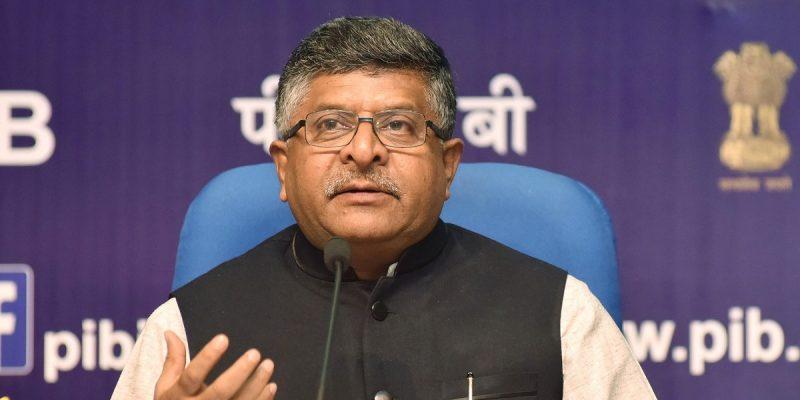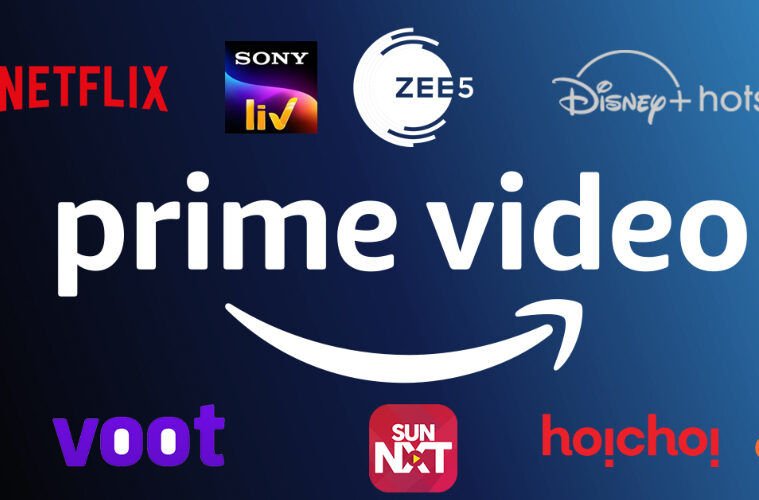On 11th February, the Union Law and IT Minister Ravi Shankar Prasad told the Rajya Sabha that the government was actively amending rules pertaining to the Information and Technology sector so that social media platforms could be made more responsive and accountable to Indian laws. Today, 2 weeks after the Rajya Sabha speech, Prasad presented new guidelines to regulate the actions of social media agencies in India. These new regulations are meant to be based on the principle of minimum government intervention and more of self-regulation by the platforms themselves.
The new guidelines under the Information Technology (Guidelines for Intermediaries and Digital Media Ethics Code) Rules, 2021, has kept forward several rules with regard to redressal mechanisms, social media intermediaries and self-classification of content based on age. These guidelines have formed merely weeks after the rift between the government of India and the microblogging site Twitter.

Features of the New Rules
A three-level grievance redressal mechanism has been established under the rules with two levels of self-regulation- Level I being the publisher and Level II being the Self-Regulatory Body, and the third level being the Oversight Mechanism under the Ministry of Information & Broadcasting. The self-regulatory body would be headed by a retired judge of the Supreme Court or of a High Court, or by a person of eminence from the relevant field, and can issue advisories to the publisher. The OTT platforms are also supposed to appoint a Chief Compliance Officer (COO) who shall be responsible for ensuring compliance with the Act and Rules. A Nodal Contact Person for 24×7 coordination with law enforcement agencies and a Resident Grievance Officer who shall perform the functions mentioned under Grievance Redressal Mechanism needs to be appointed as well.
In these new guidelines, social media intermediaries are asked to revamp themselves. Intermediaries includes websites, apps and portals of social media networks, media sharing websites, blogs, online discussion forums etc. These intermediaries are supposed to appoint grievance officer, who shall register complaints in 24 hours. The grievance redressal official must be resident in India, and monthly compliance reports will have to be filed by social media platforms. An intermediary shall inform the user of computer resource not to host, display, upload, modify, publish, transmit, store, update or share any information that are false, misleading and defamatory in nature. Users should also be informed to not publish any information that is harmful to minors, infringes patents, or violates the law.

The social media platforms upon being asked either by a court order or a government authority will be required to disclose the first originator of mischievous tweet or message if it is in relation to the sovereignty and integrity of India, the security of the state, public order, relations with foreign states, or rape, sexually explicit content etc. The government also plans to mandate social media companies to erase contentious content as early as possible, but not later than 36 hours, after a government or legal order.
While the new rules for social media and other digital platforms will be governed by the IT Ministry, the Information and Broadcasting Ministry will be the governing body for rules concerning streaming platforms. The OTT platforms would self-classify the content into five age-based categories- U (Universal), U/A 7+, U/A 13+, U/A 16+, and A (Adult). Platforms would be required to implement parental locks for content classified as U/A 13+ or higher, and reliable age verification mechanisms for content classified as “A”.

As far as Digital media publishers are concerned, the new guidelines require them to follow the Norms of Journalistic Conduct of the Press Council of India and the Programme Code under the Cable Television Networks Regulation Act thereby providing a level playing field between the offline (Print, TV) and digital media.
According to different sources, while these are not new laws and are just draft rules, they will be legally enforceable. The new guidelines will supersede the 2011 IT rules and not the act and thus parliament intervention would not be required.
References



















































































